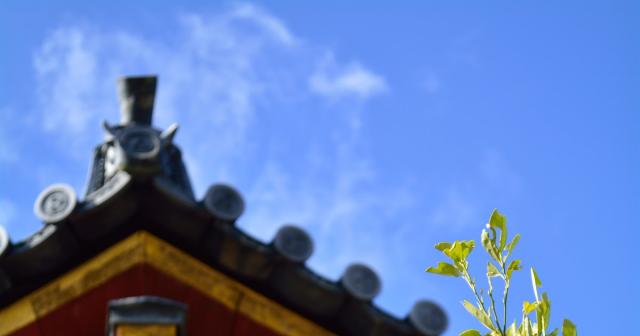In the tale of Genji, one of his ladies is called the lady of the Orange blossoms because she uses this perfume. One commentary on the novel pointed out that baths were rare, and a lot of perfume was used back then.
But it was only toward the end of the novel that I noticed that the oranges and orange blossom perfumes were local: not imported from the warmer areas of Japan.
In the novel, a girl is loved by Genji's son who respects her and won't do the marriage consummation until her home is prepared, but in the meantime, she is also courted by his cousin who is like Genji, quite aggressive sexually, and who seduces her. It is the middle of winter, but to get away from her ladies in waiting, he takes her to a nearby island of the Orange:
What a very strange place to be, thought the girl. “The colors remain, here on the Islet of Oranges. But where go I, a boat upon the waters?”oranges surviving in snow?
Atlas obscura has an article on this citrus fruit, the Tachibana orange. It is mainly used for perfume since the fruit is too bitter to eat.
IT’S EARLY DECEMBER, AND SOMEWHERE on a mountain on the Japanese island of Shikoku, there’s a citrus tree laden with golden-yellow fruit, each one no larger than a kumquat. There aren’t many of them in the wild...
Scratch the peel of one of those tiny fruits, and you’ll release a remarkably powerful fragrance, full of zesty, spicy, bitter notes, a dozen citruses distilled into a single whiff. Its flesh is an electric burst of tart and bitter flavors, far more intense than a lemon or grapefruit, followed by a barely detectable undertone of sweetness.This delicate little citrus is the tachibana.
and yes, Japanese women in the Hainen period did use them for perfume
During the Heian period (794–1185), women within the Japanese aristocracy perfumed themselves with tachibana, tucking sachets of its blossoms into their kimono sleeves or threading the fruits on cords and wearing them like bangles. The Man’yōshū, the oldest extant collection of Japanese poetry, contains 70 poems about or referencing tachibana, celebrating its beguiling perfume.
Basho
fragrant orange-
when?In what field?
cuckoo.
Emperor Genshō
O, orange tree:
Fruit and flowers both,
And leaves, too,
Even should frost fall on your branches
Evegreen will you be!
(translated by David Landis Barnhill) \
| A tachibana tree growing in front of the Kōfuku-ji Temple in Nara. DEGUEULASSE/CC BY-SA 3.0 |
the fruit is now being made into a gourmet marmalade, so hopefully it will soon make a come back.

